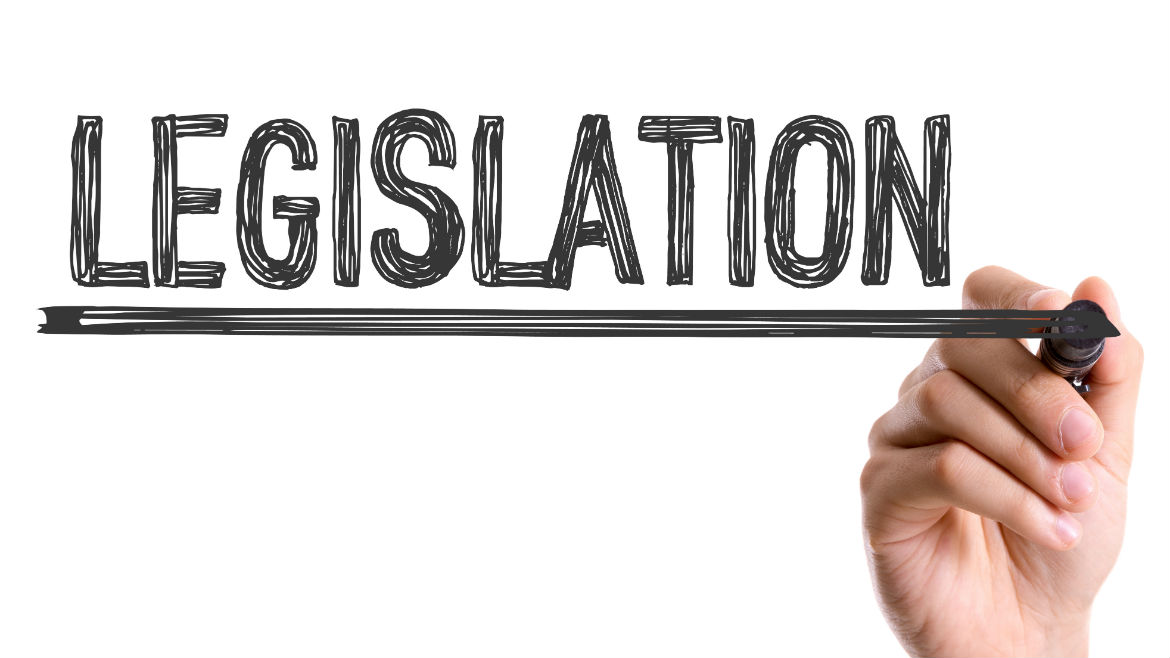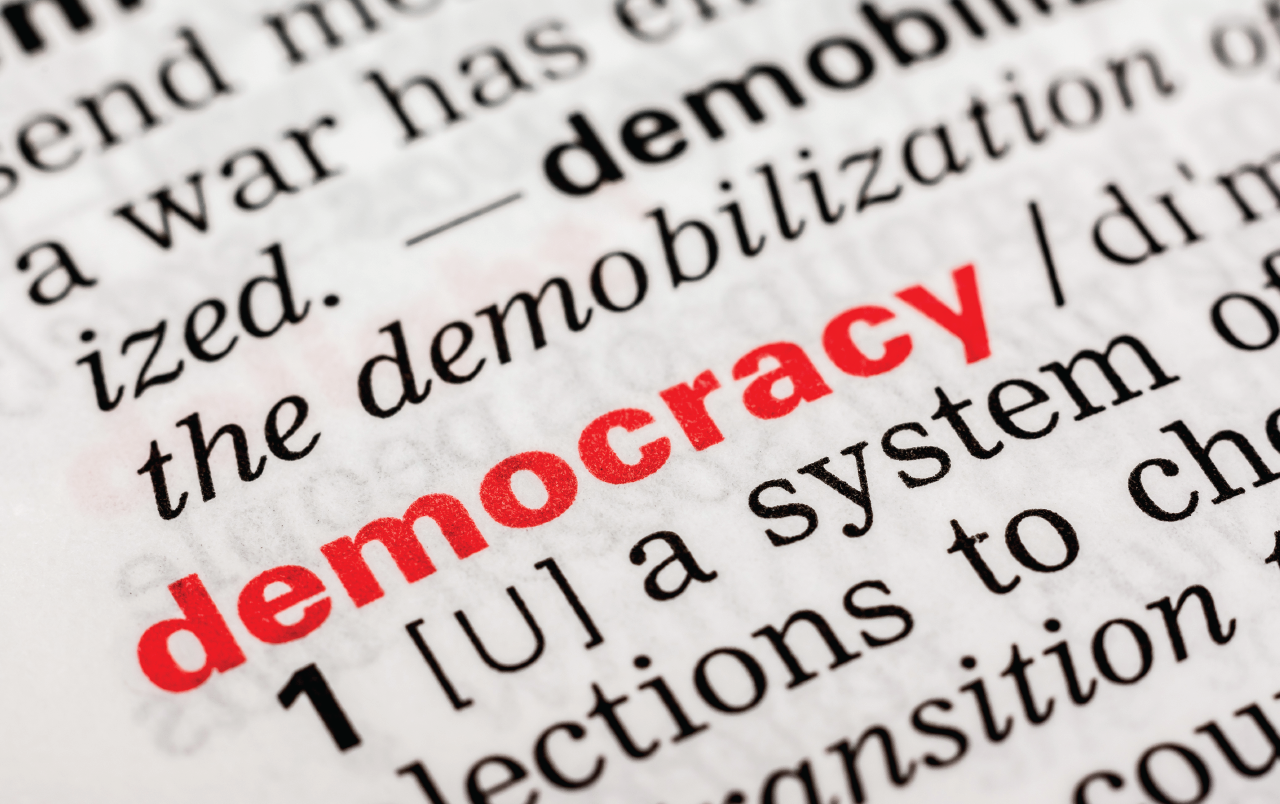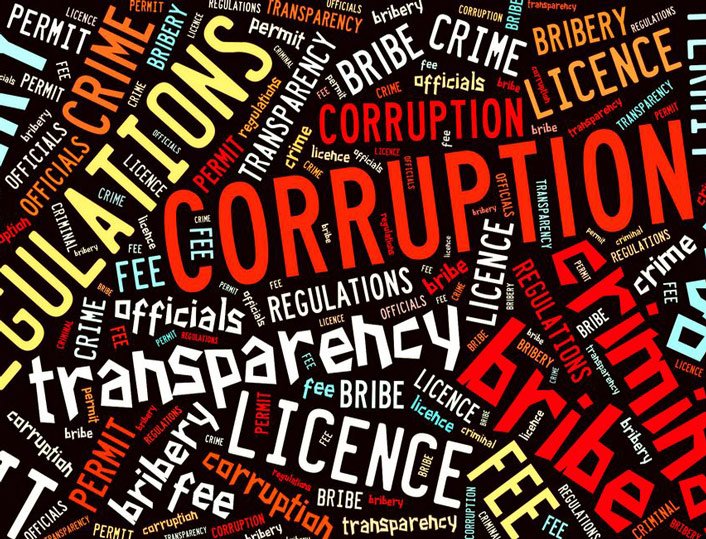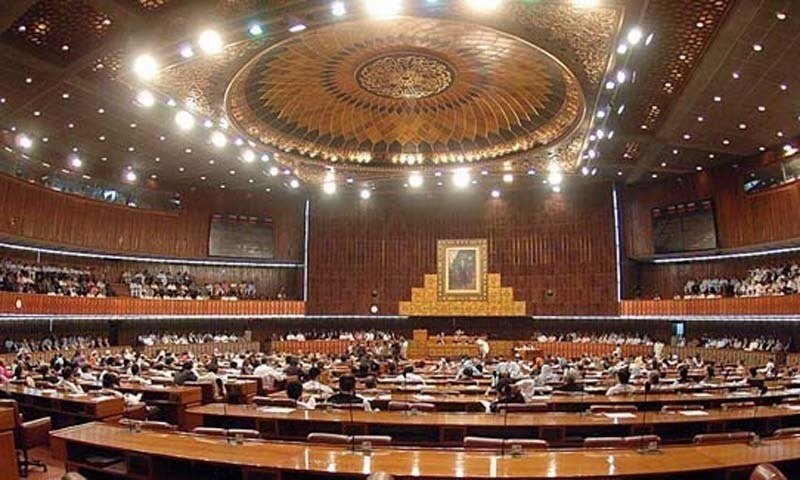Zafar Iqbal
Legislation is the process of making or enacting laws in a parliamentary form of governance. Legislation is one of the main functions of the parliament, along with representation and oversight. Legislation is significant for good governance, service delivery, institution-making, implementation, development and reforms.
Legislation is essential for ensuring the principles of good governance, such as accountability, transparency, participation, responsiveness, effectiveness, and the rule of law. The legislation defines the roles and responsibilities of the executive, the legislature, and the judiciary and establishes checks and balances among them. Legislation also sets the standards and norms for public administration, public finance, public procurement, anti-corruption, human rights, and other aspects of governance. Legislation also provides mechanisms for public consultation, participation, and feedback in the policy-making process. The legislation also enables the parliament to hold the executive accountable for its actions and performance through questions, motions, debates, inquiries, and votes of confidence or no confidence.
Legislation is crucial for ensuring the quality and accessibility of public services, such as health, education, social protection, infrastructure, and security. Legislation determines the policies, programs, budgets, and targets for service delivery. Legislation also regulates the roles and responsibilities of different levels of government (federal, provincial, local) and different actors (public, private, civil society) in service delivery. Legislation also establishes the rights and obligations of the citizens as service users and beneficiaries. Legislation also provides mechanisms for monitoring, evaluation, and grievance redressal in service delivery.
Legislation is vital for creating and strengthening the institutions that are necessary for effective governance and development. Legislation establishes the legal framework and mandate for various institutions, such as electoral commissions, audit offices, human rights commissions, anti-corruption agencies, ombudspersons, regulatory bodies, and others. Legislation also defines the composition, selection criteria, tenure, powers, functions, and accountability of these institutions. Legislation also allocates resources and ensures the autonomy and independence of these institutions.
Please, subscribe to the website of the republicpolicy.com
Legislation is essential for ensuring the implementation of policies and programs that the parliament approves. Legislation provides the legal authority and legitimacy for the executive to implement its plans and actions. Legislation also specifies the procedures, timelines, indicators, and reporting requirements for implementation. Legislation also empowers the parliament to oversee and scrutinize the implementation process and outcomes through committees, hearings, reports, and audits.
Furthermore, legislation is key for achieving the goals and objectives of national development. Legislation reflects the vision and priorities of the nation as expressed by its elected representatives. Legislation aligns with the international commitments and obligations of the country on various issues such as sustainable development, human rights, climate change, trade, security, etc. Legislation also mobilizes resources and allocates them to different sectors and regions according to their needs and potentials. Legislation also fosters innovation and competitiveness by promoting research and development.
Finally, legislation is also instrumental in initiating and sustaining reforms that are necessary for improving governance and development outcomes. Legislation identifies the problems and challenges that need to be addressed by reforms. Legislation also proposes solutions and alternatives that are based on evidence and best practices. Legislation also builds consensus and support among various stakeholders for reforms. Legislation also facilitates change management by providing incentives and sanctions for compliance or non-compliance with reforms.
Pakistan inherited a colonial system of governance covering legislature, executive and judiciary. Therefore, it is critical to reform the government system in Pakistan. Accordingly, legislation is the foremost requirement to reform the system because laws, structures and modes are transformed through the enforceability of laws. Therefore, there is a need to enhance the quality of legislation in Pakistan.
There is a need to enhance the capacity and skills of parliamentarians and parliamentary staff to draft, review, and amend legislation. This can be done by providing regular training, mentoring, and exposure to best practices in legislative drafting and analysis. Furthermore, the political parties must also award tickets to those who are more trained and have better capacity in legislation. Then, people should also vote for those who comprehend legislation and delegate legislation. Furthermore, it is also significant to increase the participation and consultation of relevant stakeholders, such as civil society organizations, media, experts, and citizens, in the legislative process. This can be done by creating formal and informal channels for dialogue, feedback, and input on legislative proposals and bills. It is also essential to strengthen the oversight and accountability mechanisms for the implementation and enforcement of legislation. This can be done by enhancing the role and powers of parliamentary committees, audit offices, regulatory bodies, and anti-corruption agencies to monitor, evaluate, and audit the performance and compliance of the executive and other actors with the laws.
Finally, legislators can make functional legislation in Pakistan by following some of the best practices and principles of legislative drafting and analysis. These include conducting thorough research and consultation on the issues, needs, and interests of the stakeholders, such as the public, civil society, experts, media, and other branches of government. This can help to identify the problems and challenges that need to be addressed by legislation, as well as the possible solutions and alternatives that are based on evidence and best practices. Drafting clear, concise, consistent, and coherent language that reflects the purpose, scope, and objectives of the legislation is important. This helps avoid ambiguity, confusion, contradiction, and redundancy in the interpretation and implementation of the legislation. The language should also be accessible and understandable to the intended audience, such as the general public, the judiciary, the executive, and other legislators.
Please, subscribe to the monthly magazines of republicpolicy.com
It is also vital to ensure the compliance and compatibility of the legislation with the constitution, international obligations, and existing laws and regulations. This can help to avoid legal challenges, conflicts, and gaps in the application and enforcement of the legislation. The legislation should also respect the fundamental rights and freedoms of the citizens, as well as the principles of democracy, federalism, and the rule of law. Evaluating the impact and implications of the legislation on various aspects of governance and development, such as public finance, public administration, public service delivery, social inclusion, economic growth, environmental sustainability, security, etc is also vital. This can help to assess the benefits and costs of the legislation, as well as its feasibility and effectiveness in achieving its desired outcomes.
Lastly, it is also critical to review and revise the legislation through multiple stages of scrutiny and feedback from different sources, such as parliamentary committees, public hearings, expert opinions, media reports, etc. This can help to improve the quality and credibility of the legislation, as well as to incorporate diverse views and perspectives on the legislation. So far, most of the legislation in Pakistan is colonial in nature; therefore, it is essential to reform the legislation and allied processes.















